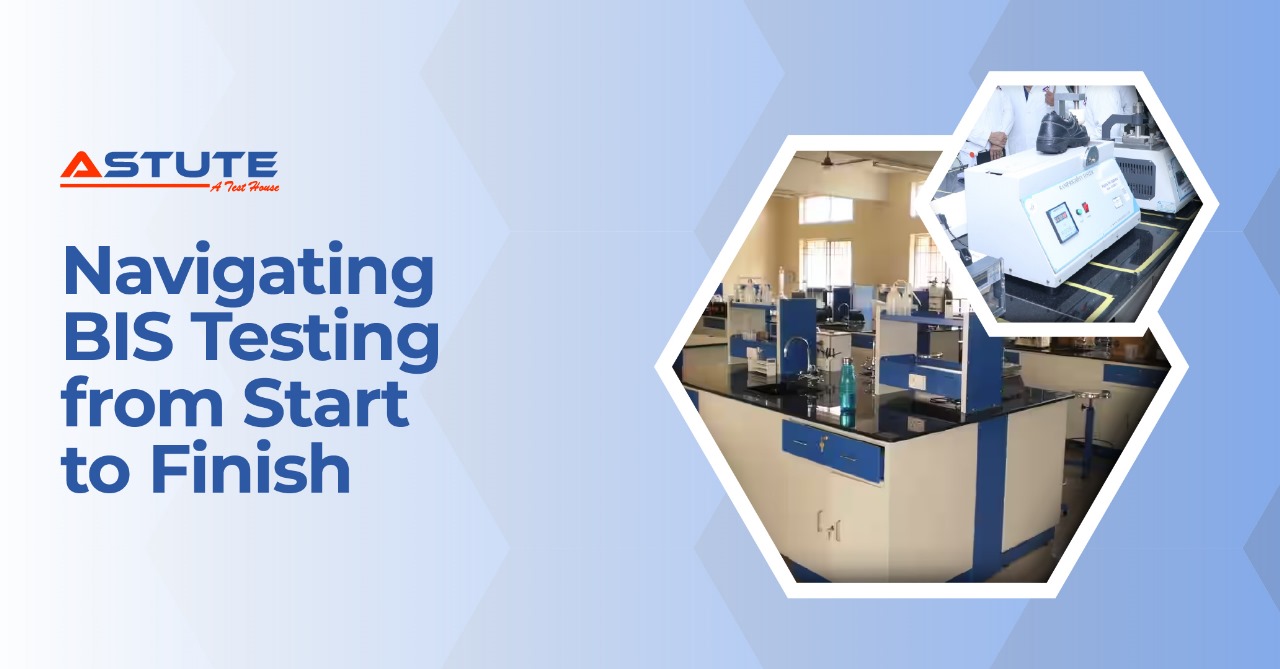Why BIS standards matter more than ever
India’s medical device industry is scaling up, and so are the regulations that govern it. The Bureau of Indian Standards (BIS) now plays a central role in deciding which devices can enter the Indian market. By December 2025, BIS is expected to finalize standards for 214 critical medical devices, covering ventilators, anesthesia machines, phototherapy units, and even assistive products like therapeutic footwear and braille displays.
For Indian manufacturers, BIS compliance is not just a formality. It is a gatekeeper. Without BIS approval, devices cannot be sold or supplied to hospitals, distributors, or government tenders.
Devices already under BIS oversight
BIS has issued more than 1,700 standards related to healthcare, of which around 1,200 directly apply to medical devices. Some of the widely known standards include:
IEC 60601-2-2 IS 13450-2-2 | HF surgical equipment and HF surgical accessories. (Cautery Machine) |
IEC 60601-2-4 IS 13450-2-4 | Cardiac defibrillators |
IS 13450-2-12 ISO 80601-12 | Critical care ventilators |
IEC 60601-2-13 IS 13450-2-13 ISO 80601-2-13 | Anaesthetic Workstation |
IEC 60601-2-18 IS 13450-2-18 | Endoscopic equipment |
IEC 60601-2-19 IS 13450-2-19 | Baby incubator |
IEC 60601-2-21 IS 13450-2-21 | Infant radiant warmer |
IEC 60601-2-24 IS 13450-2-24 | infusion pumps and controllers |
IEC 60601-2-25 IS 13450-2-25 | (ECG) Electrocardiographs |
IEC 60601-2-27 IS 13450-2-27 | (ECG) electrocardiographic monitoring equipment |
IS/IEC 80601-2-30 | (NIBP) non – Invasive sphygmomanometers |
IEC 60601-2-34 IS 13450-2-34 | (IBP)Invasive blood pressure monitoring equipment |
IS/IEC 80601-2-49 | Multifunction patient monitors |
IEC 60601-2-50 IS 13450-2-50 | Infant Phototherapy Equipment |
As BIS continues to expand its scope, more categories will come under compulsory certification. For more details, see BIS recognition for medical device testing labs.
The certification journey step by step
For manufacturers, BIS certification typically involves:
- Identifying the right Indian Standard (IS) for the product.
- Testing in a BIS-recognized and NABL-accredited lab such as Astute Labs.
- Submitting documents and test results via the BIS portal.
- Factory audit, where required, especially for ISI marking.
- Certification grant under CRS or ISI schemes.
Most certifications take 30–45 working days when documentation is complete, although higher-risk devices may take longer.
What’s next for 2025
Manufacturers need to prepare for:
- More than 200 devices being added to the BIS compulsory list by December 2025
- Expanded post-market surveillance, including random inspections
- New compliance requirements for software-driven and connected medical devices
- Tighter timelines between notification and enforcement
Delaying compliance can create bottlenecks in certification and risk losing market opportunities.
Best practices to stay compliant
- Begin mapping products against BIS standards early.
- Partner with BIS-recognized labs so test reports are valid.
- Integrate compliance into R&D, not after launch.
- Monitor BIS and CDSCO announcements regularly.
- Budget for renewals and surveillance audits.
Astute Labs has outlined practical strategies in its guide to reducing medical device certification delays.
Why early preparation pays off
BIS certification is no longer just a regulatory step. It builds trust with hospitals, regulators, and buyers, while also opening doors to government tenders and smoother imports. Manufacturers that prepare early enjoy fewer delays, better budget control, and faster time to market.
If your organization is planning certifications or launching new products, now is the time to act. Contact us to learn how our accredited medical device testing services can help you get ahead of deadlines.
Frequently asked questions
01. Is BIS certification mandatory for all medical devices?
Not yet, but the list is expanding rapidly. By December 2025, more than 200 additional devices will require certification.
02. How long does BIS certification usually take?
It depends on the device type.
03. Can CE or FDA certifications replace BIS approval?
No. BIS certification is required separately for India, even if international certifications are in place.
04. Who can issue valid test reports for BIS certification?
Only BIS-recognized, NABL-accredited labs are authorized.





